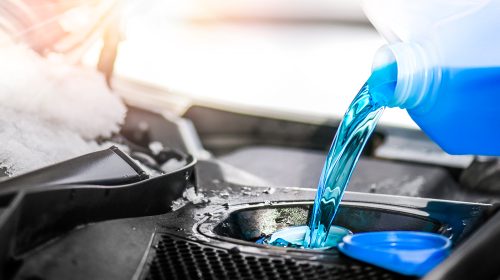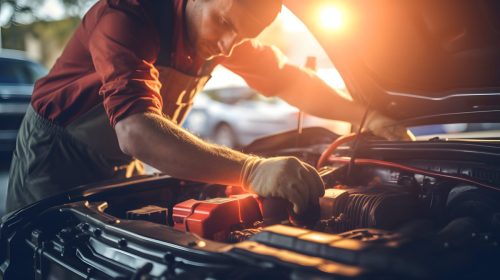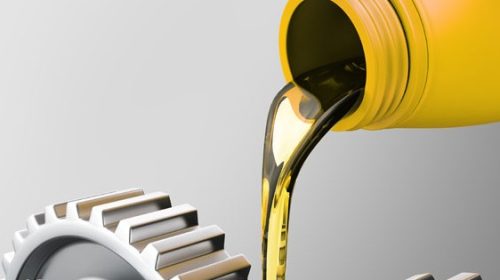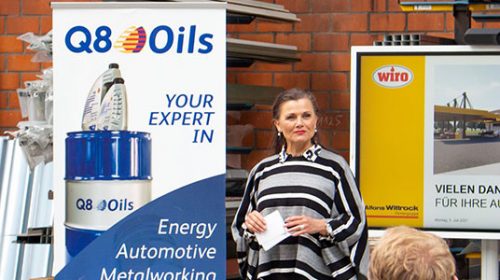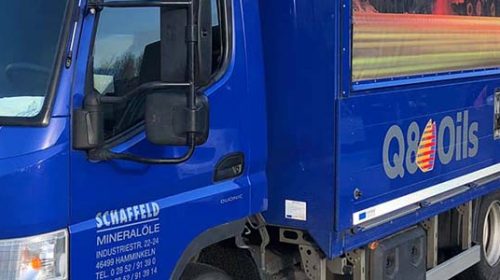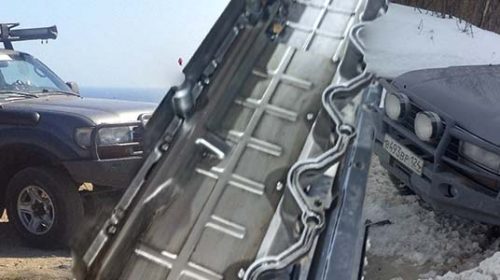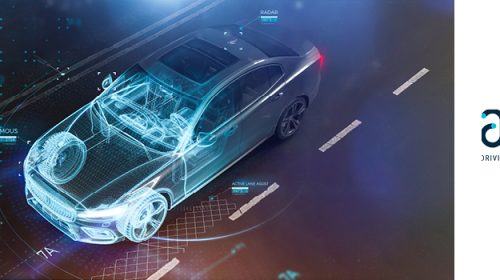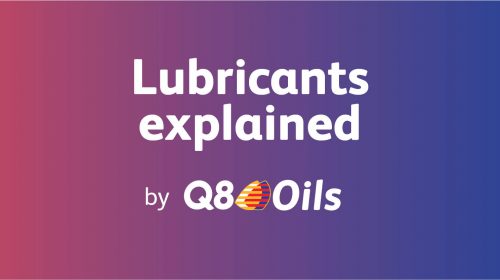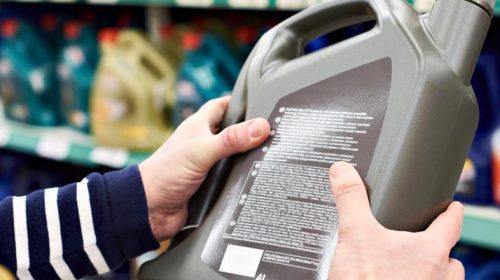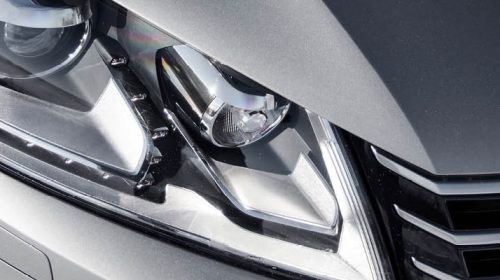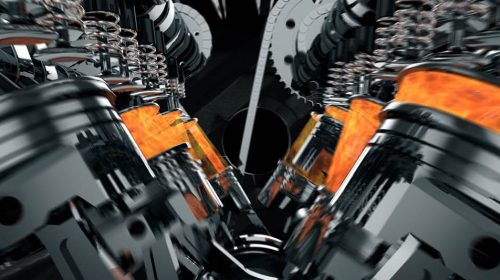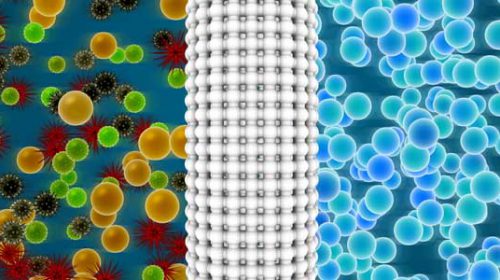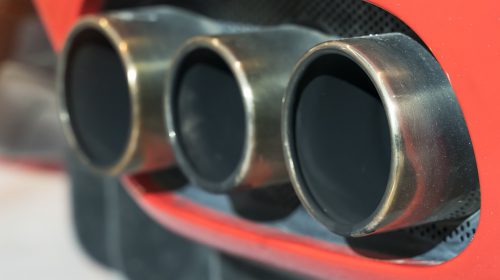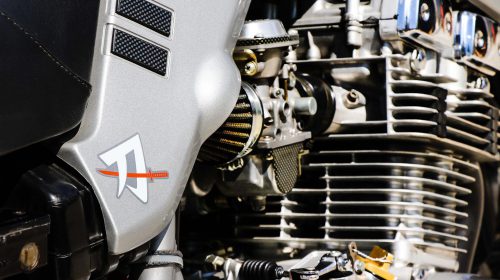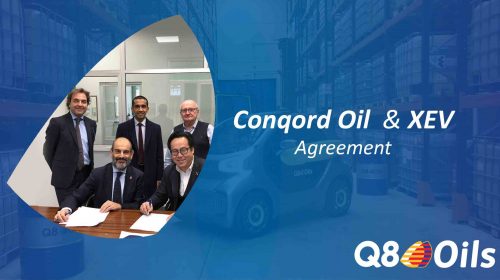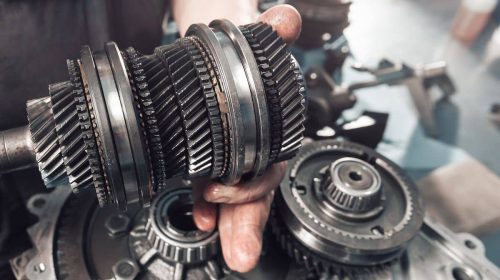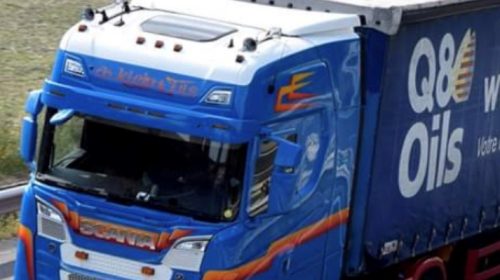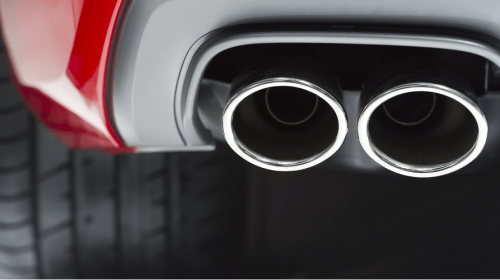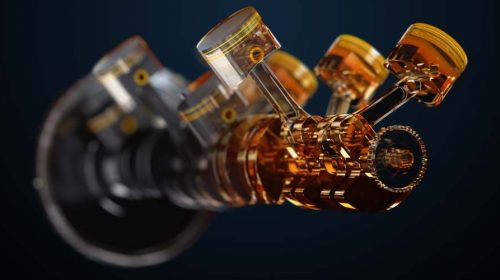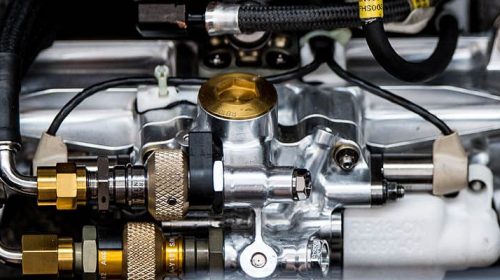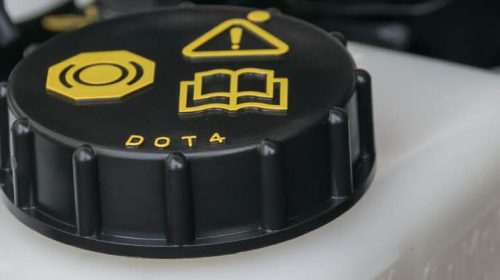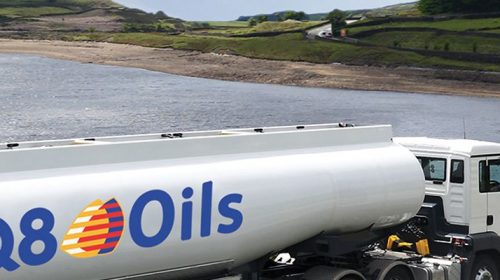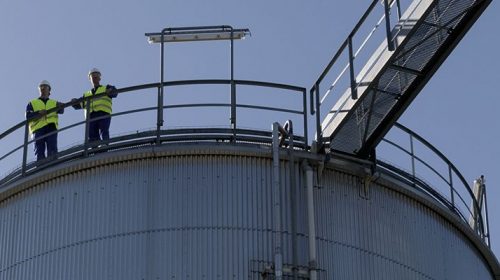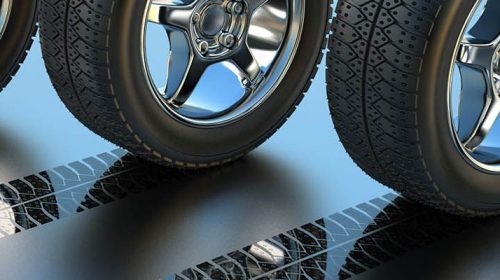To meet the increasingly stringent emission regulations and fuel economy demands, car manufacturers are forced to downsize engines while improving their power and torque. The downside of today’s smaller engines with higher power density is the risk of LSPI (low speed pre-ignition): a form of abnormal combustion that occurs in small engines with high compression.
LSPI (low speed pre-ignition) is believed to be caused by droplets or particles that move across the combustion chamber and that ignite prior to spark ignition. This results in uncontrolled combustion and undesired engine knock. LSPI differs from traditional pre-ignition, that occurs at localized hotspots on the surface of the combustion chamber.
The engine knock that occurs during an LSPI-event can significantly raise the pressure in the cylinder resulting in possible engine damage and eventual failure.
How car manufacturers improve engine fuel economy
Today’s engine are responding to a greater demand to deliver fuel economy and reduced emissions. Car manufacturers are taking two approaches to meet the increasingly stringent fuel economy demands:
- Engine downsizing: designing a smaller version of a larger engine with the same power. A downsized engine reduces the friction of pistons, cams and bearings, resulting in an improved fuel economy.
- Engine downspeeding: running an engine at lower RPM’s and higher torques by implementing high-stepped transmissions or CVT’s (continuously variable transmissions) to improve the engine’s thermal dynamics to further gain on fuel economy.
The link between LSPI and downsized engines
Engine designers have been searching for a way to run an engine at lower RPM’s and higher torques, when the cylinders reach their minimal pumping losses. They eventually came up with turbochargers, variable valve timing and/or gasoline direct injection (GDI) to combine high power and torque with improved fuel economy.
Between 1.000 and 2.000 RPM and just below peak torque the engine consumes the lowest amount of fuel. By equipping cars with high-stepped transmissions and CVT’s the motor can operate for a longer period of time in the most efficient engine operating region. This ideal fuel economy region of the engine overlaps the region in which LSPI occurs.
Searching for LSPI-solutions
Because LSPI can cause serious engine damage, engine designers are looking for solutions to prevent LSPI.
One solution to prevent LSPI is to spray excess fuel into the engine in order to decrease the combustion temperature. Unfortunately this has a negative effect on the fuel economy of the engine, putting at stake the whole idea of downsizing and downspeeding.
Another solution may lay in the formulations of lubricants. Lubricants with a higher calcium concentration seem to increase the risk of LSPI, while magnesium-based products seem to lower the likelihood of LSPI. Reducing the calcium concentration in engine oils might seem the most straight-forward solution. However, this causes other disadvantages on engine life, performance and efficiency.
Specialized lubricants to avoid LSPI
Q8Oils is continuously testing and experimenting with new lubricant formulations to avoid pre-ignition at lower RPM’s.
By accumulating the right additives and base oil you can develop an oil formulation that successfully reduces the risk of LSPI. Next to the mixture of detergents, the quality of the base oil influences the occurrence of LSPI in the combustion chamber.
Q8Oils’ research and development team continues its efforts to optimize their engine oils for robust LSPI performance, while maintaining the right level of detergency to keep engine parts clean, neutralize acids and extend engine life.
As a solution we are able to offer two of our products:
- Q8 Formula Special D1 5W-30, specially designed to solve the LSPI challenges in GM/Opel engines.
- Q8 Formula Elite C2 0W-30 to solve the LSPI challenges in PSA engines.







